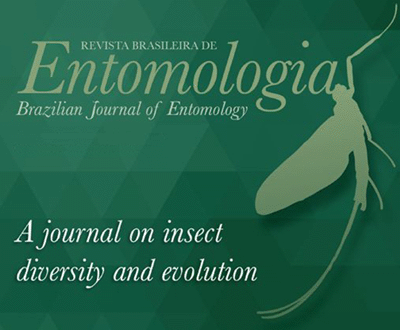Entomopathogenic nematodes (EPNs) have potential for biological pest control and have been successfully used in several countries in soil and cryptic pests control, as for example the coffee root mealybug Dysmicoccus texensis (Tinsley). Laboratory tests demonstrated that these agents are highly virulent to the insect, but semi-field and field tests are needed to determine their efficiency. Greenhouse tests were made in infested pots with two isolates and two application methods dead insect bodies and aqueous suspension in a complete randomized design with five replicates. Field tests were made in randomized plots (six plots) to evaluate six isolates of Heterorhabditis on coffee root for mealybug control. Greenhouse results demonstrate that aqueous suspension was more efficient for the two isolates, with 70% control efficiency for JPM3. In field experiments, treatments with aqueous suspensions of insecticide Actara 250 WG (thiamethoxam), used for comparison, and JPM3 were the only ones statistically different from control, with 81 and 65% control efficiency, respectively.
Biological control; coffee pests; greenhouse and field tests; microbial control




